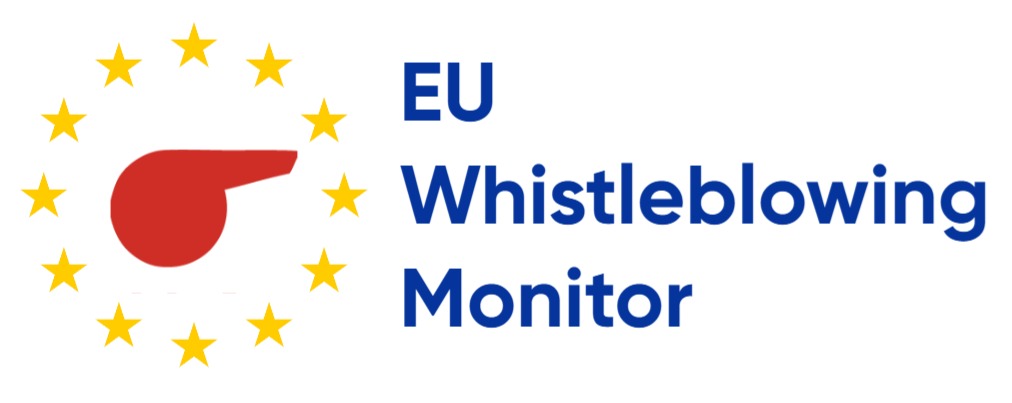Source: workplacerelations.ie
A recent decision by Ireland’s Workplace Relations Commission (WRC) has highlighted the limitations of national whistleblowing laws, particularly regarding compensation caps for whistleblowers. The case involved a massage therapist who was retaliated against and unfairly dismissed after refusing to engage in illegal activities at her workplace.
While the case was pursued under Ireland’s Protected Disclosures Act 2014 (PDA), which predates the transposition of the EU Whistleblowing Directive—the updated Protected Disclosures (Amendment) Act 2022—the Adjudication Officer (AO) invoked EU legal principles, specifically the Von Colson principles, in a way that reflects interestingly on Ireland’s approach to transposition. The AO found that the capped compensation amounts ordinarily available were not “effective, proportionate, and dissuasive”—principles used by the Directive itself regarding sanctions for whistleblower retaliation.
The Von Colson principles emphasize that sanctions must be “effective, proportionate, and dissuasive” in cases involving fundamental rights. The AO found that the compensation provisions under the PDA, which remain unchanged even after the transposition, were insufficient to meet EU standards. As a result, the AO awarded the worker €91,000, equivalent to five years’ pay, to ensure a fair and effective remedy.
In the recent WRC report, which highlighted this case, it was noted that although the PDA was not directly transposing EU law at the time, it is intended to offer strong protection to whistleblowers. The AO also referred to EU Court of Justice decisions that mandate national law must provide a remedy that is effective and dissuasive when fundamental social rights are violated.
